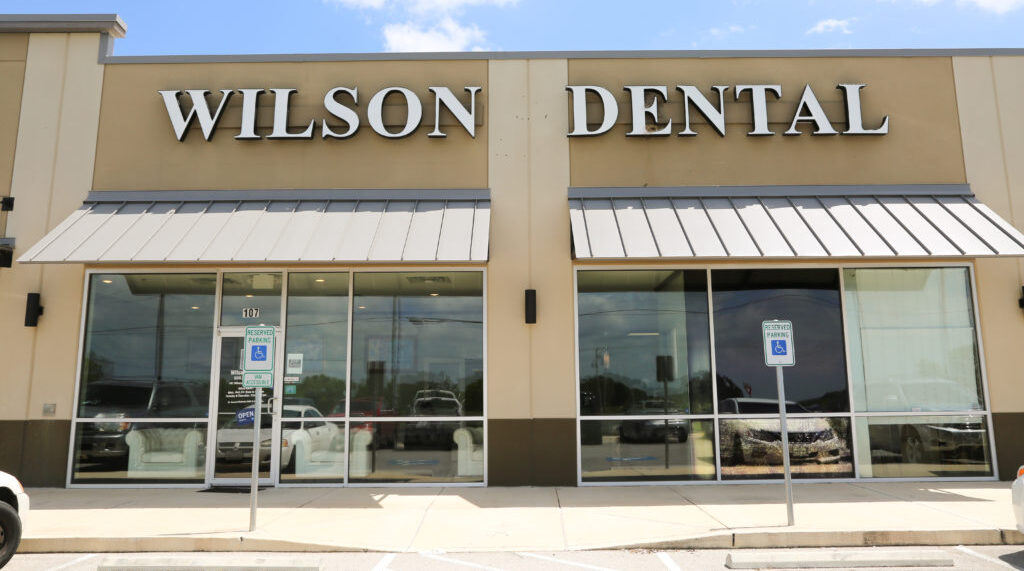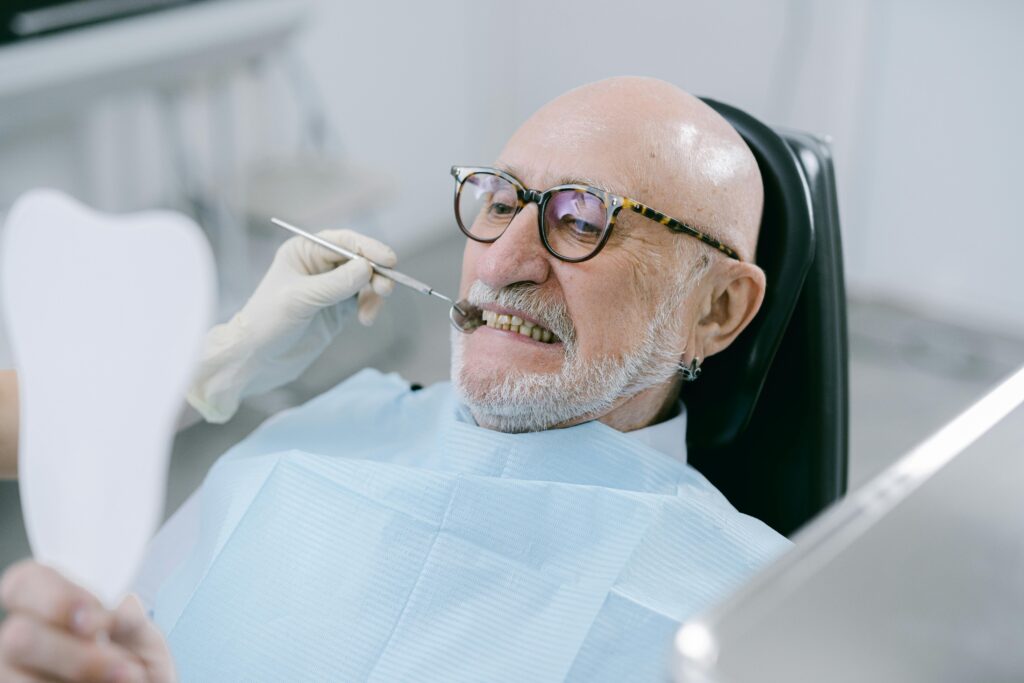Maintaining good oral health is essential for your overall well-being, and regular dental checkups play a critical role in achieving this. Many people wonder what happens during these visits. This blog will provide a comprehensive guide on what to expect during a routine dental checkup, so you can approach your next appointment with confidence.
Why Regular Dental Checkups Are Important
Regular dental checkups are crucial for preventing oral health problems, such as tooth decay, gum disease, and other dental issues. These visits allow your dentist to detect and address concerns early, saving you time, discomfort, and potential expenses. They also help ensure that your teeth and gums remain healthy and functional for life.
Step-by-Step Guide to a Regular Dental Checkup
1. The Welcome and Initial Discussion
Your dental visit usually begins with a warm welcome from the staff. If you’re a new patient, you’ll be asked to fill out a medical history form. For returning patients, the dentist may ask if you’ve experienced any dental or general health issues since your last visit. This initial discussion sets the tone for the checkup and ensures your dentist understands your current needs.
2. Dental X-Rays (If Necessary)
Dental X-rays are not required at every checkup but may be taken if needed to assess the condition of your teeth and jawbones. X-rays help detect hidden problems, such as cavities between teeth, impacted teeth, or bone loss. The process is quick and painless, involving a small device placed in your mouth to capture images.
3. Oral Examination
The dentist will perform a thorough examination of your mouth, looking for signs of:
- Tooth Decay: Checking for cavities or worn enamel.
- Gum Disease: Inspecting the gums for redness, swelling, or bleeding.
- Oral Cancer: Screening for unusual lesions, lumps, or sores.
- Bite Issues: Ensuring proper alignment of your teeth and jaws.
This step helps identify any early signs of dental or oral health problems, making treatment easier and more effective.
4. Professional Teeth Cleaning
A dental hygienist often performs the cleaning portion of your visit. This involves three main steps:
- Scaling: Plaque and tartar are removed from the surface of your teeth, especially around the gum line. Tartar cannot be removed by regular brushing and flossing, making this step vital.
- Polishing: The hygienist uses a gritty paste and an electric brush to polish your teeth, leaving them smooth and shiny.
- Flossing: Finally, the hygienist flosses between your teeth to remove debris and ensure your gums are healthy.
This thorough cleaning not only leaves your teeth feeling fresh but also helps prevent gum disease and cavities.
5. Discussion of Findings
After the examination and cleaning, your dentist will discuss their findings with you. This is your opportunity to ask questions about your oral health or any recommended treatments. The dentist will explain any issues they’ve identified, such as:
- Cavities that require fillings.
- Early stages of gum disease needing additional care.
- Cosmetic concerns like discoloration or alignment.
6. Personalized Oral Care Advice
Your dentist or hygienist will also provide tailored advice on how to maintain optimal oral health. This may include:
- Proper brushing and flossing techniques.
- Recommendations for toothpaste or mouthwash.
- Tips on managing dietary habits that affect dental health.
By following their guidance, you can ensure that your teeth and gums remain healthy between visits.
What Happens After the Checkup?
Once your dental checkup is complete, you’ll schedule your next appointment—typically six months later. If further treatment is required, such as a filling, root canal, or orthodontic consultation, the dentist will guide you through the next steps.
Benefits of Regular Dental Checkups
Attending regular dental checkups provides numerous advantages, such as:
- Early Detection: Catching problems early minimizes the need for extensive treatment.
- Improved Oral Hygiene: Professional cleaning removes plaque and tartar that regular brushing cannot.
- Cost Savings: Preventative care helps avoid costly dental procedures in the future.
- Boosted Confidence: A healthy smile improves self-esteem and social interactions.
Conclusion
Regular dental checkups are a cornerstone of good oral health. By understanding what to expect during these visits, you can feel more at ease and make the most of your appointments. Remember, taking care of your teeth is an investment in your overall health and quality of life.




